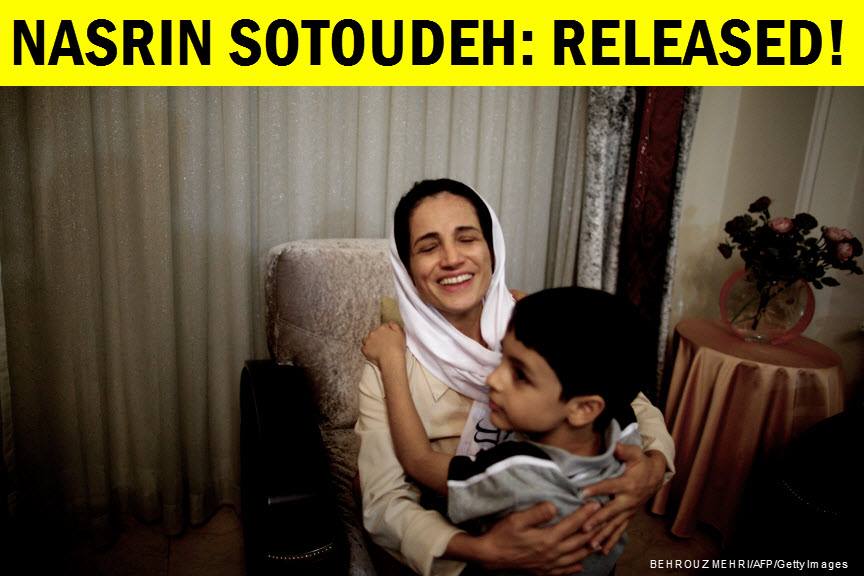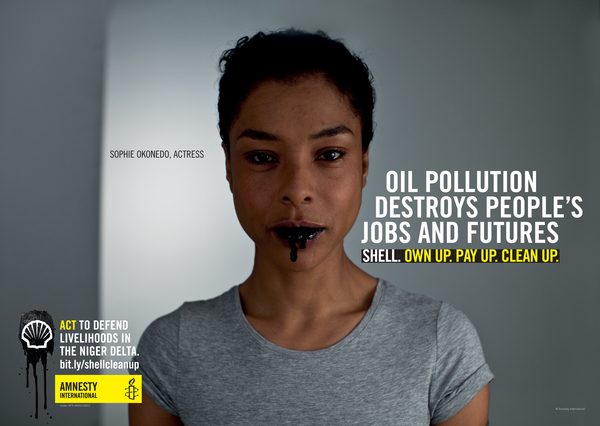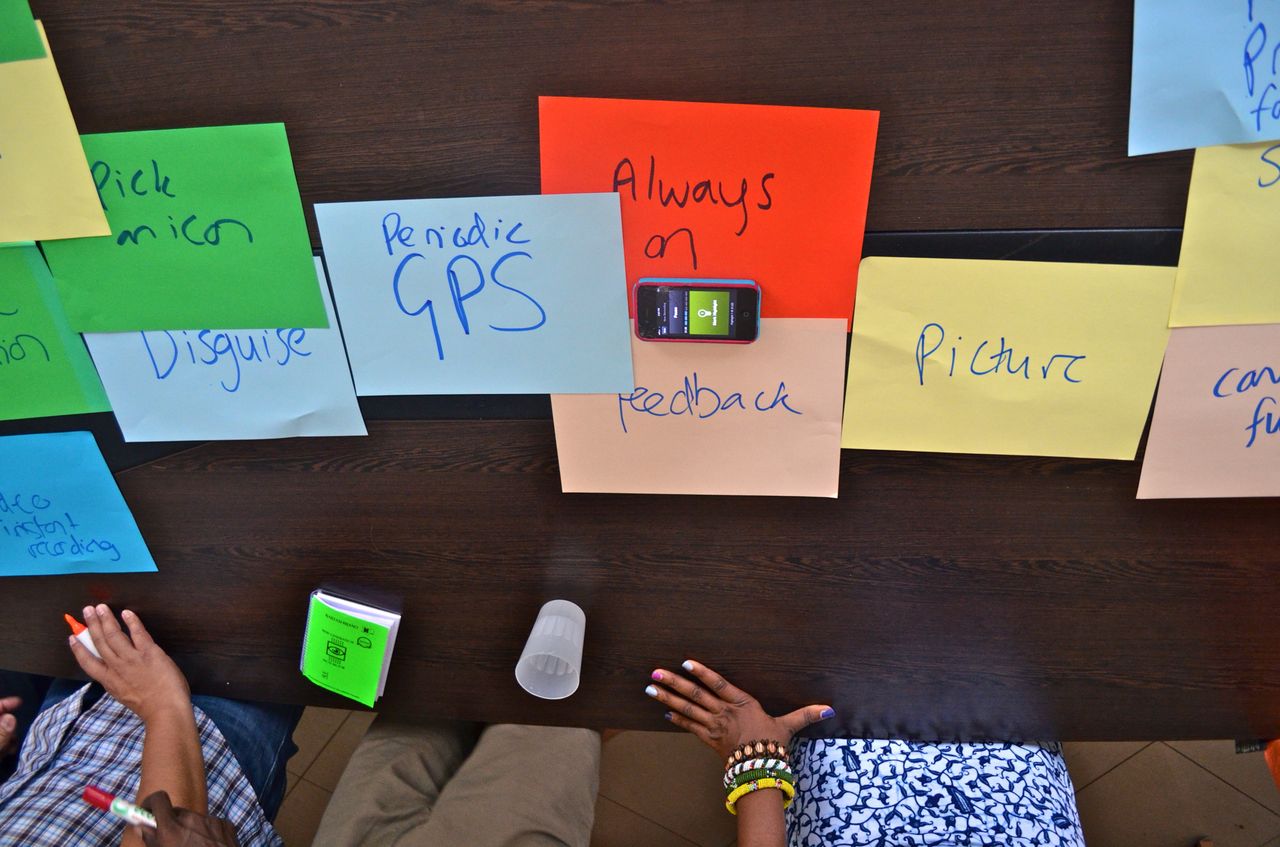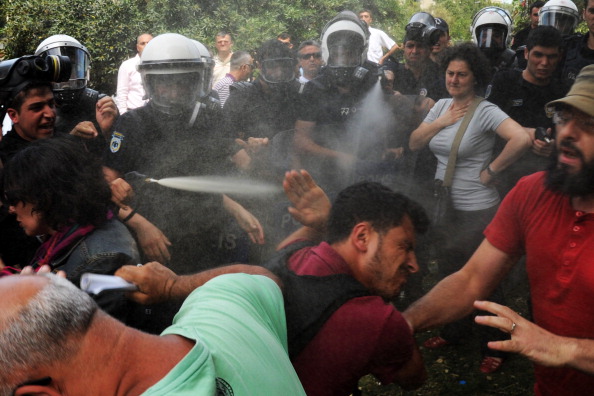This post is part of a series written by Amnesty USA’s National Youth Program Coordinator Kalaya’an Mendoza from the road of the Game of Drones tour. Follow the tour on Tumblr and take action to prevent extrajudicial killings with drones and other weapons.
By the time the stragglers reached the auditorium at the Ithaca College showing of Dirty Wars, everyone was packed shoulder to shoulder in their seats, a solid mass of people talking excitedly and straining to get closer to the screen. I saw one young woman squirm through the crowd to find one of the last empty seats, wedging herself between two others.
A quiet slowly settled across the room and the film began, Jeremy Scahill’s voice carrying through the auditorium. The faces of children who have lost mothers and uncles and grandparents to U.S. strikes with drones and other weapons flashed across the screen. The film details the raids and strikes that characterize President Obama’s deadliest and most secret game: the Game of Drones.







